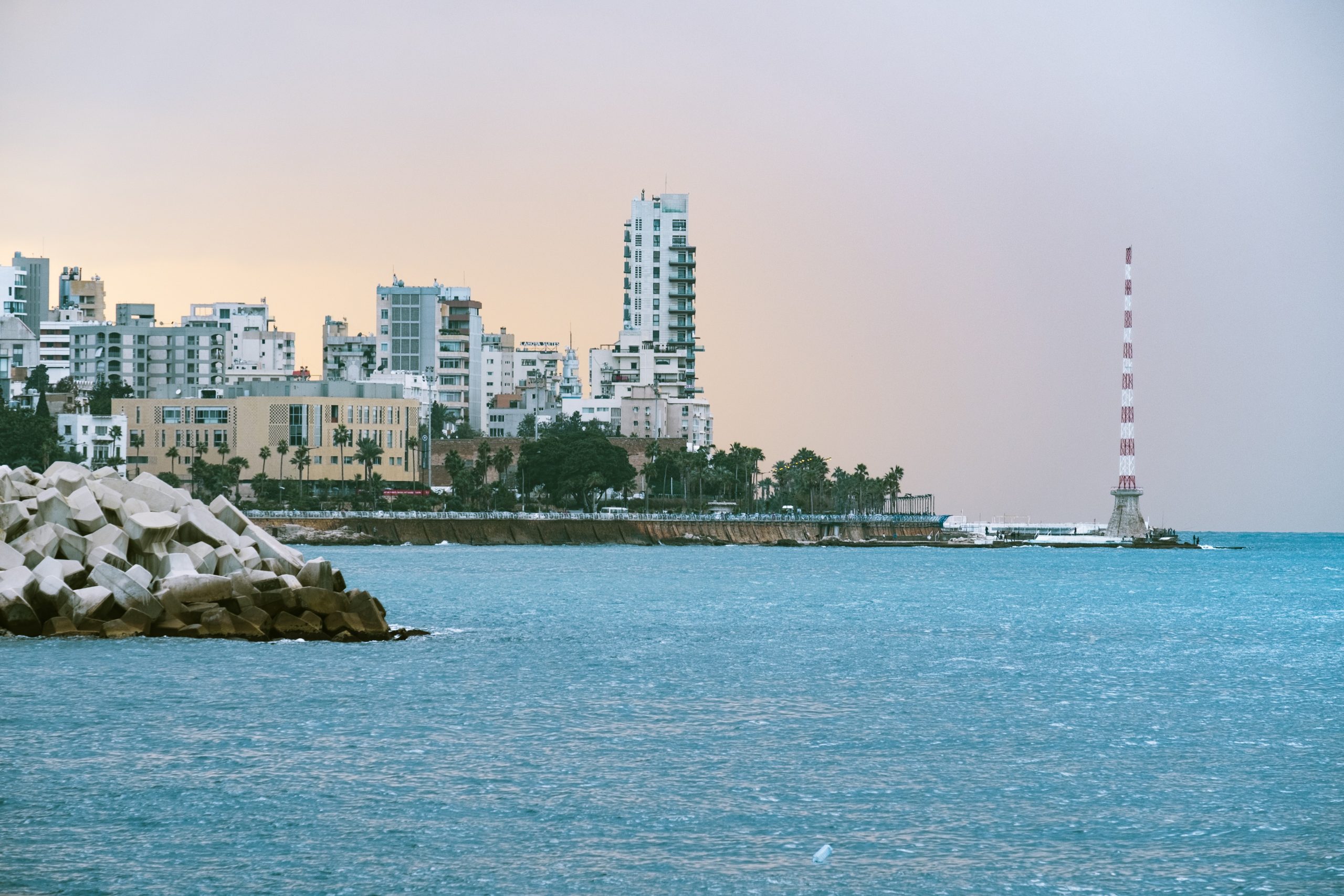Roundtable Dispute Resolution in German-Arab Business Transactions

- March 23, 2010
- Chamber of Industry and Commerce | Hamburg
- +49 (0) 40 609 455 437
Dispute Resolution in German-Arab Business Transactions
In cooperation with the Hamburg Arbitration Circle (HAC), EMA organized an evening event on dispute resolution in German-Arab business transactions on March 23, 2010 at the Hamburg Chamber of Commerce.The audience of about 80 was informed in four short presentations by internationally experienced experts about the possibilities of setting up arbitration courts as alternative instances for resolving legal disputes.
Dr. Frank-Bernd Weigand routinely led through the evening as moderator, after greetings were given by the Chamber of Commerce, represented by Mr. Christian Graf, by the HAC, represented by Dr. Frank-Bernd Weigand, and by the EMA, represented by Ms. Nina Lantzerath.
Dr. Jürgen Holz, representative of the Ghorfa Arab-German Chamber of Commerce and Industry e.V., introduced the legal framework for business transactions with the Arab region. As Dr. Holz reported, the Arab Gulf States had developed new legal systems primarily in order to become more attractive for foreign investments, which are now gradually being imported into other Arab countries (e.g. Jordan, Egypt, Syria). The valid principle, according to which a European company that wants to operate locally needs a local partner or representative, often still applies. The objective pursued here is that business life in the Arab states should continue to remain in local hands. Therefore, the rule that 51% of the shares in a company belong to the local partner, while the European company has a 49% share in the joint venture, is still in force.
Dr. Holz emphasized that this basic principle is, however, being pierced by new regulations. He said that the Arab states have an interest in diversification in order to place their economies on a broader basis. The area of technology transfer in particular would therefore be subject to exceptions. One example of these exceptions is Oman. The sultanate, which has pursued a policy of opening up to foreign private investment since 2006, specifically promotes investment from abroad. Here, a limit of 70% of the shares may be in foreign hands, he said. For projects of national priority, the limit is even raised to 100%. By granting tax exemptions to foreigners for up to 5 years, and in exceptional cases even longer, and with low-interest loans, it was possible to increase direct investment to $3.5 billion in 2009.
In principle, civil law in the Arab states is based on Egyptian law, which in turn is based on French law. However, the basic Islamic-legal considerations of the Sharia are also taken into account. Especially in Saudi Arabia, but also in the other societies, contractual agreements should not contradict Islamic-Arab law. However, there are exceptions, as court rulings from Kuwait have shown, such as the charging of interest on arrears or compensation payments. The out-of-court settlement of disputes, including in a court of arbitration, would accommodate the Arab consensus society.
Dr. Michael Schneider presented the Dubai Arbitration Center (DIAC). In 2007, a new set of arbitration regulations was adopted there, based on international standards. In 2009 alone, the DIAC accepted around 300 arbitration cases. Particularly for an internationally established company like the one in Dubai, numerous disputes arise, also in contrast to the aforementioned more consensus-oriented Bedouins.
The DIAC regulates both the question of costs and the provision of (English-speaking) arbitrators. As Dr. Schneider explained, an arbitration at DIAC can consist of 1 or 3 arbitrators. Normally, each party elects its representative, who in turn elects the president. DIAC provides an arbitrator – card index and usually confirms the choice of arbitrators. Dr. Schneider reported that the majority of arbitration cases deal with conflicts in the field of real estate transactions, but commercial contracts and shipping also lead to disputes.
Prof. Dr. Hilmar Krüger from the University of Cologne reported in his interesting lecture on the enforceability of foreign arbitral awards in Arab countries. Especially the recognition and enforceability is not always easy. A number of conventions should provide for the recognition of arbitral awards. First and foremost is the New York Convention on the Recognition and Enforcement of Foreign Arbitral Awards, which entered into force in 1959 and was recognized and signed, for example, by Saudi Arabia in 1994 and Lebanon in 1998. The majority of Arab states have signed the New York Convention, which deals with the recognition and enforcement of arbitral awards made by arbitral tribunals of one state in the territory of another state and which is intended to guarantee worldwide enforceability.
As Prof. Krüger pointed out, enforcement may not be easy despite recognition, especially when disputes arise with commercial agents. Here, the Court of Cassation in Dubai has already issued rulings for the increased protection of domestic commercial agents.
Prof. Krüger’s conclusion was nevertheless positive. In the majority, the arbitration awards are recognized and voluntarily complied with. He pointed out, however, that the judges should take the Arab side seriously, while they should in principle also be able to understand Arab contracts and laws.
RA Michael Kerling reported from practice. In his many years of work as a corporate lawyer for various companies carrying out projects in the Arab region, he said, he had perceived arbitration as more of an exception than the rule. However, his experience with ordinary courts in the Arab world has been good. In his estimation, one could expect quite fair local proceedings in Saudi Arabia, for example. Mr. Kerkeling saw arbitration courts more as an alternative, but at the same time emphasized the possibility of filing suit in local ordinary courts.
This informative evening event ended with an exquisite snack and interesting discussions.
